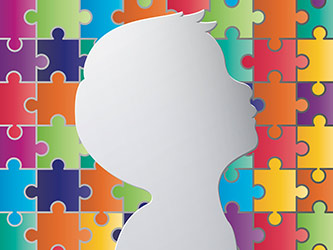The association of sugar-sweetened beverages and milk intake with emotional and behavioral problems in children with autism spectrum disorder
It is not well known whether children with autism spectrum disorder (ASD) consume abnormal amounts of milk and sugar-sweetened drinks (SSBs), and whether such anomalies would have an impact on the children’s emotions and behavior, as children with ASD are known to suffer from emotional and behavioral issues. In this study by Tan et al. (2022), the authors examined the relationship between milk consumption, SSBs, and behavioral and emotional issues in a population of 107 kids with ASD (ages 6-12 years) compared to 207 typically developing children (TD). A self-made questionnaire was used to evaluate the frequency of SSB and milk consumption, while the Strength and Difficulties Questionnaire (SDQ) was used to evaluate behavioral and emotional issues. Analysis of the results revealed that children with ASD consumed less milk than TD children, and the two groups had substantially different adjusted SDQ scores, while there was no difference in the frequency of SSB intake between the two groups. Increased SSB consumption (in frequency and amount) enhanced emotional problem scores in ASD children, while lower, frequent milk intake worsened prosocial behavior scores. Concerning milk and SSB intake and emotional and behavioral issues, no interaction effects were discovered. The authors conclude that the frequency of SSBs and milk consumption are related to emotional problems and prosocial conduct, respectively, in children with ASD. The authors further recommend increasing milk intake and decreasing SSB intake in this vulnerable population. [NPID: Sugar sweetened beverages, milk, autism spectrum disorder, emotional problems, behavioral problems, children]
Year: 2022
 Navigation
Navigation






